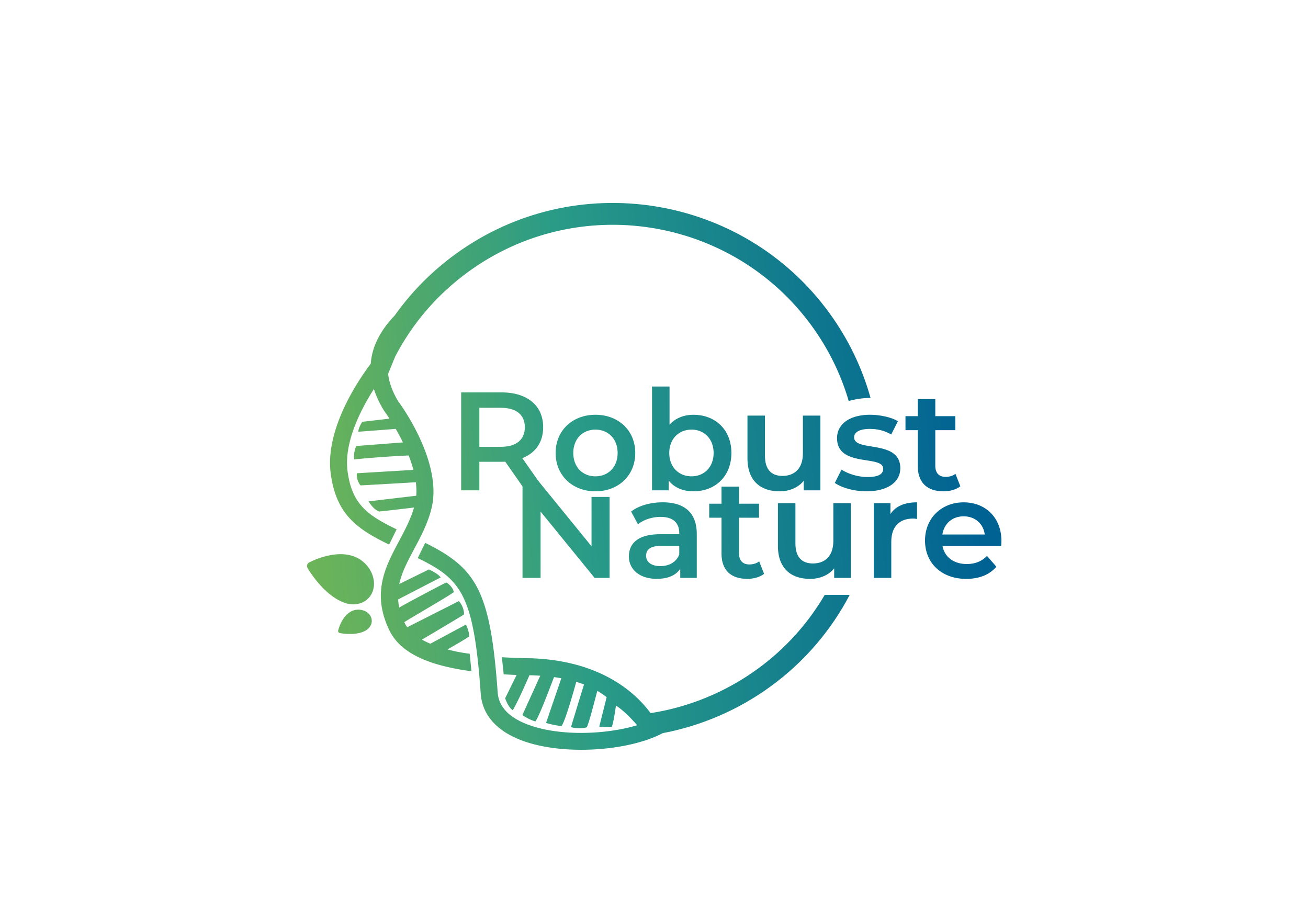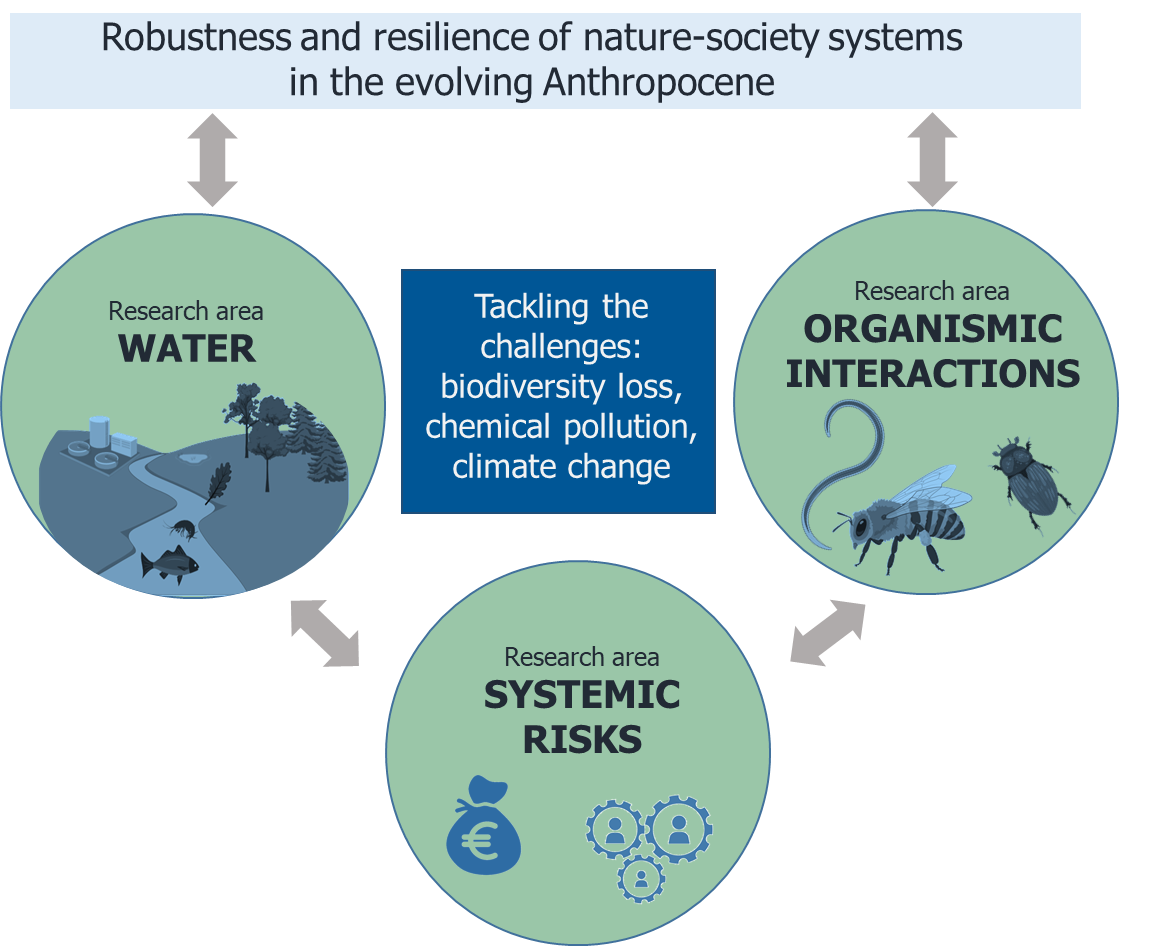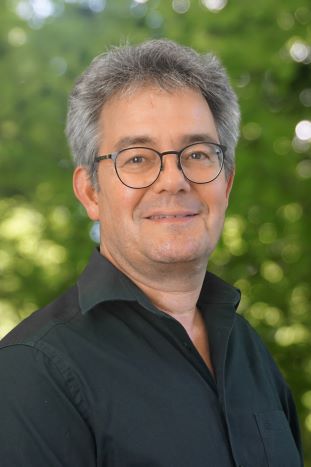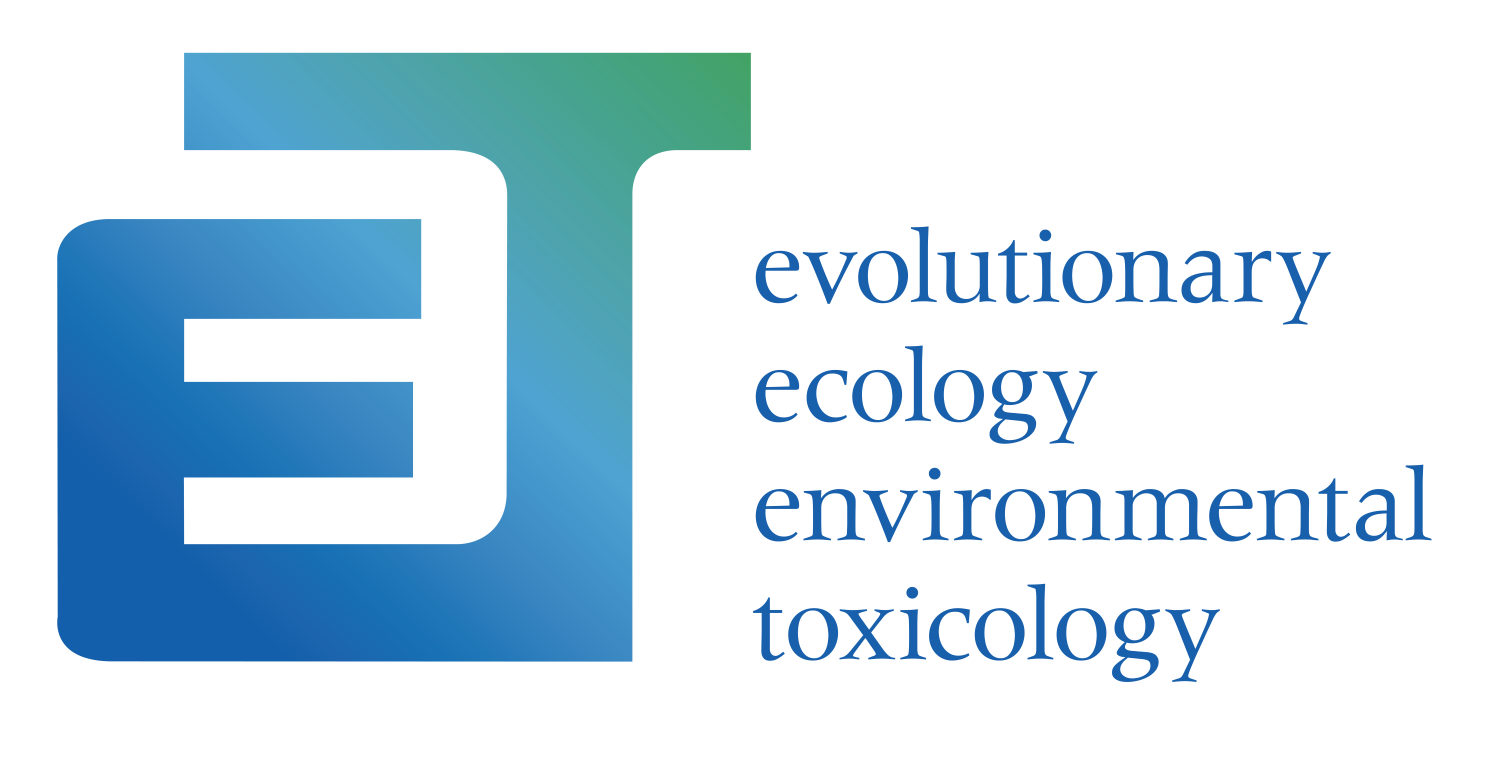RobustNature Excellence Cluster Initiative: Robustness and resilience of nature-society systems in the evolving Anthropocenems

Project duration: 2021–2024
Funding: Internal funding by Goethe University
Speaker
- Prof. Dr. Henner Hollert
- Prof. Dr. Ernst H. K. Stelzer
Coordination
- Dr. Sarah Johann
Princinple investigators
- Prof. Dr. Werner Brack (Goethe University, FB15, OED & Helmholtz-Zentrum für Umweltforschung – UFZ)
- Prof. Dr. Barbara Brandl (Goethe University, FB03, Institute of Sociology, Dept. Social Sciences)
- Prof. Dr. Joachim Curtius (Goethe University, FB11, Institute for Atmospheric and Environmental Sciences)
- Prof. Dr. Petra Döll (Goethe University, FB11, Institute of Physical Geography, Dept. Hydrology)
- Prof. Dr. Bernd Grünewald (Goethe University, FB15, IZN, Dept. Neurobiology of the Honeybee & Director of the Honeybee Research Center Oberursel)
- Prof. Dr. Thomas Hickler (Goethe University, FB11, Dept. Quantitative Biogeography & Head of Data and Modelling Centre at Biogeography & Senckenberg Biodiversity and Climate Research Centre (SBiK-F))
- Prof. Dr. Henner Hollert (Goethe University, FB15, OED, Dept. Evolutionary Ecology & Environmental Toxicology)
- PD. Dr. Diana Hummel (Goethe University, FB03, Institute for Political Science & Co-Director ISOE – Institute for Social-Ecological Research)
- Prof. Dr. Sven Klimpel (Goethe University, FB15, OED, Dept. Integrative Parasitology, & Zoophysiology, Senckenberg Biodiversity and Climate Research Centre (SBiK-F))
- Prof. PhD Darrel Moellendorf (Goethe University, FB03 (and FB08), Dept. International Political Theory & Research Centre Normative Orders)
- Prof. Dr. Jörg Oehlmann (Goethe University, FB15, OED, Dept. Aquatic Ecotoxicology)
- Prof. Dr. Meike Piepenbring (Goethe University, FB15, OED, Dept. Mycology)
- Prof. Dr. Flurina Schneider (Goethe University, FB15, OED & Director ISOE – Institute for Social-Ecological Research)
- Prof. PhD Matthias Schündeln (Goethe University, FB02, Department of Applied Econometrics and International Economic Policy & Research Centre Normative Orders)
- Prof. Dr. Ernst Stelzer (Goethe University, FB15, IZN & Buchmann Institute for Molecular Life Sciences (BMLS), Director of the Frankfurt Center for Advanced Light Microscopy (FCAM))
- Prof. Dr. Klement Tockner (Goethe University, FB15, OED & Director General of Senckenberg Gesellschaft für Naturforschung, Frankfurt am Main)
- Prof. Dr. Tobias Tröger (Goethe University, FB01, Department of Law, Institute for Private and Business Law (House of Finance) & Leibniz Institute for Financial Research Sustainable Architecture for Finance in Europe (LIF SAFE))
Early Career Researchers
- Dr. Jonas Jourdan
- Dr. Sabrina Schiwy
- Dr. Frederic Strobl
- Dr. Carolin Völker
RobustNature website: www.robustnature.de
Project description
Background
As highlighted by several recent researchers, e.g., in the concept of Planetary Boundaries (Rockström et al. 2009; Steffen et al. 2015) we are facing the urgent need for new paradigms which accounts for both continuously developing human society and maintenance of a healthy earth system. Especially climate change, biodiversity loss and chemical pollution can be counted as challenging key drivers for the present and future world. In statements of the Leopoldina and in the reports of the international panels IPCC, IPBES and IPCP/NORMAN, the interactions and interdependencies of these areas are seen as major challenges for international research in the coming years. Many previous research initiatives predominantly follow a conservative and localized approach: they record specific characteristics and services of an ecosystem and try to preserve threatened species and sensitive biotopes. Within this, the view on complex changes at higher levels is not included, but urgently needed to fully understand the systems dynamics. Due to population growth, intensive land use, ongoing urbanization, consumerism, waste, pandemics, and climate change, biodiversity loss and biodiversity adaptations are inevitable. With a popular focus on preserving the manageable status quo, we might run the risk of remaining on a descriptive level and in the medium term only ensuring the preservation of rather too small landscape areas. Quantifying and classifying the factors that determine biodiversity is key to developing integrative approaches in order to maintain a world in which humans and the environment, alike, use vital resources in a sustainable manner. Due to the complexity of the issues, inter- and transdisciplinary approaches in research and development are needed, which can only lead to sustainable and future-proof solution concepts through close cooperation between medicine, natural, cultural, social and engineering sciences.
Research aims and objectives
RobustNature will improve the understanding of robustness and resilience of nature-society systems in the contexts of chemical pollution, biodiversity loss and climate change by means of knowledge-based transformation research using multiscale approaches in the research areas water, organismic interactions, and systemic risks.
With the multiscale approach we will be able to describe and link, e.g. the toxic impact of chemical exposure on different levels of biological organization, covering levels from molecule over organisms up to ecosystems. This more holistic understanding of processes is not only limited to biological interactions in ecosystems but rather is aimed to be extrapolated to an interdisciplinary understanding of resilience and robustness. A huge focus of RobustNature is the transformation research – from science to action. Hence, recommendations for action to preserve biodiversity and to deal with stressors as consequences of concrete interactions between many entities in the context of the evolving Anthropocene will be defined.

Contact

Goethe University Frankfurt
Biologicum, Campus Riedberg
Max-von-Laue-Str. 13
60438 Frankfurt am Main, Germany
Room: 3.319
Phone: +49 (0)69 798 42171
Fax: +49 (0)69 798 42161
Email: hollert(at)bio(dot)uni-frankfurt(dot)de
Former Affiliation:
http://www.bio5.rwth-aachen.de
- Aktuelles und Presse
- Pressemitteilungen
- Öffentliche Veranstaltungen
- Uni-Publikationen
- Aktuelles Jahrbuch
- UniReport
- Forschung Frankfurt
- Aktuelle Stellenangebote
- Frankfurter Kinder-Uni
- Internationales
- Outgoings
- Erasmus / LLP
- Goethe Welcome Centre (GWC)
- Refugees / Geflüchtete
- Erasmus +
- Sprachenzentrum oder Fremdsprachen
- Goethe Research Academy for Early Career Researchers
- Forschung
- Research Support
- Forschungsprojekte, Kooperationen, Infrastruktur
- Profilbereich Molecular & Translational Medicine
- Profilbereich Structure & Dynamics of Life
- Profilbereich Space, Time & Matter
- Profilbereich Sustainability & Biodiversity
- Profilbereich Orders & Transformations
- Profilbereich Universality & Diversity






